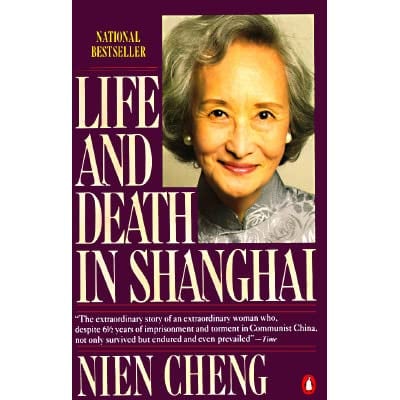
Today’s Twitter shamings, debasements, and degrading acts of self-abnegation to the Holy Temple of the Left remind one of a fundamentalist religious revival meeting. It’s a religion of “wokeism”. They also bear a striking similarity to the “struggle sessions” of the Maoist era in China, when Communism was first taking hold there.
Wikipedia: Struggle sessions were a form of public humiliation and torture used by the Chinese Communist Party (CCP) at various times in the Mao era, particularly during the years immediately before and after the establishment of the People’s Republic of China (PRC) and during the Cultural Revolution. The aim of struggle sessions was to shape public opinion, as well as to humiliate, persecute, or execute political rivals and those deemed class enemies.
In general, the victim of a struggle session was forced to admit various crimes before a crowd of people who would verbally and physically abuse the victim until they confessed. Struggle sessions were often held at the workplace of the accused, but they were sometimes conducted in sports stadiums where large crowds would gather if the target was well-known.
Nien Cheng wrote a magnificent book on her years in Maoist China (before escaping to the USA around 1980), including the struggle sessions and her political imprisonment (merely for having been married to a hated capitalist). Read about her experiences and you will discover many things that remind you of America in 2021. Culturally and ideologically, we are there … possibly even worse. Cheng’s book is called “Life and Death in Shanghai.” It’s her personal story as well as a history of China at that time, and it reads with the gripping suspense of a good novel. I had the pleasure of a private meeting and discussion with her, before she died in 2009. I would love to have a conversation with her today.
Follow Dr. Hurd on Facebook. Search under “Michael Hurd” (Rehoboth Beach DE). Get up-to-the-minute postings, recommended articles and links, and engage in back-and-forth discussion with Dr. Hurd on topics of interest. Also follow Dr. Hurd on Twitter at @MichaelJHurd1, drmichaelhurd on Instagram.
